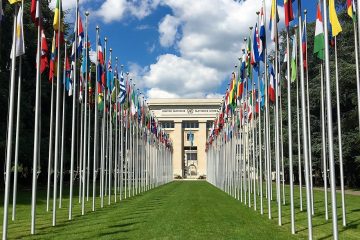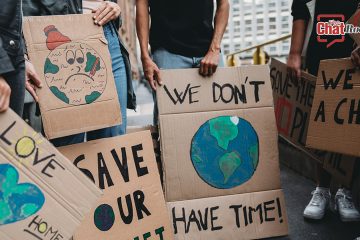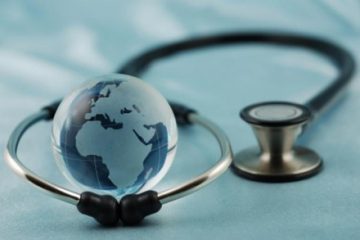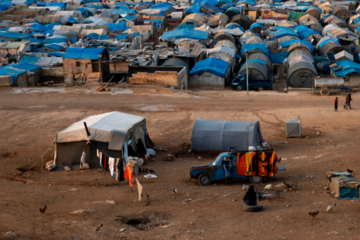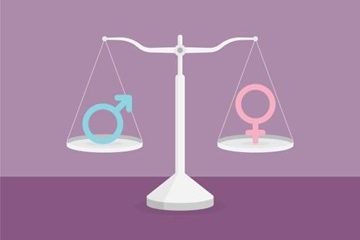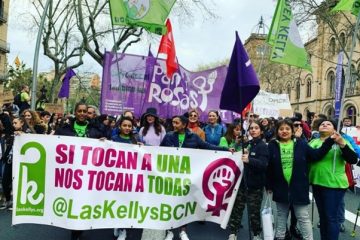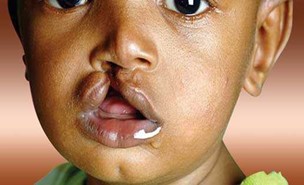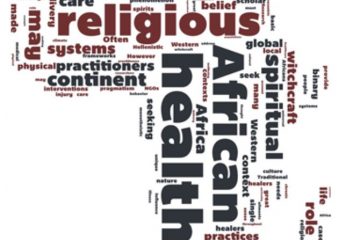Governance in Global Health: the role of the youth at the World Health Assembly
The World Health Organization- the one that so commonly has starred in the news in recent years- connects countries, people and partners on the global scale for the attainment by all peoples of the highest possible level of health. We all know, at least to some extent, about its role in this globalized world that finds itself fighting against a big, ever-changing and dynamic set of health threats. These range from global pandemics to neglected Read more
